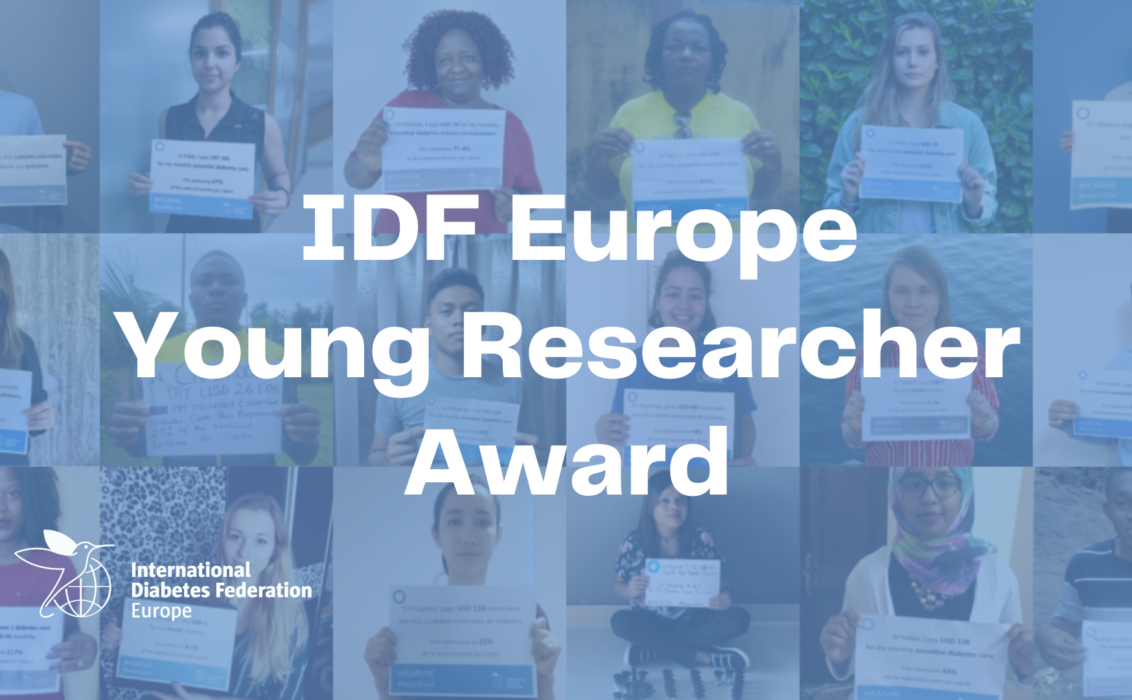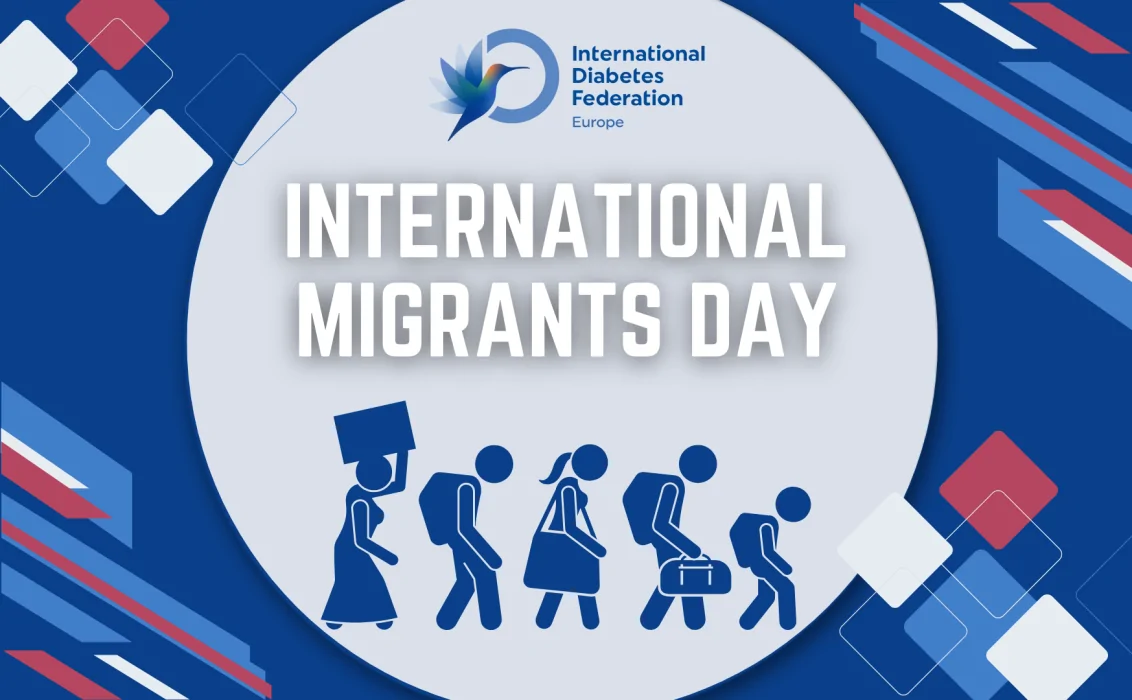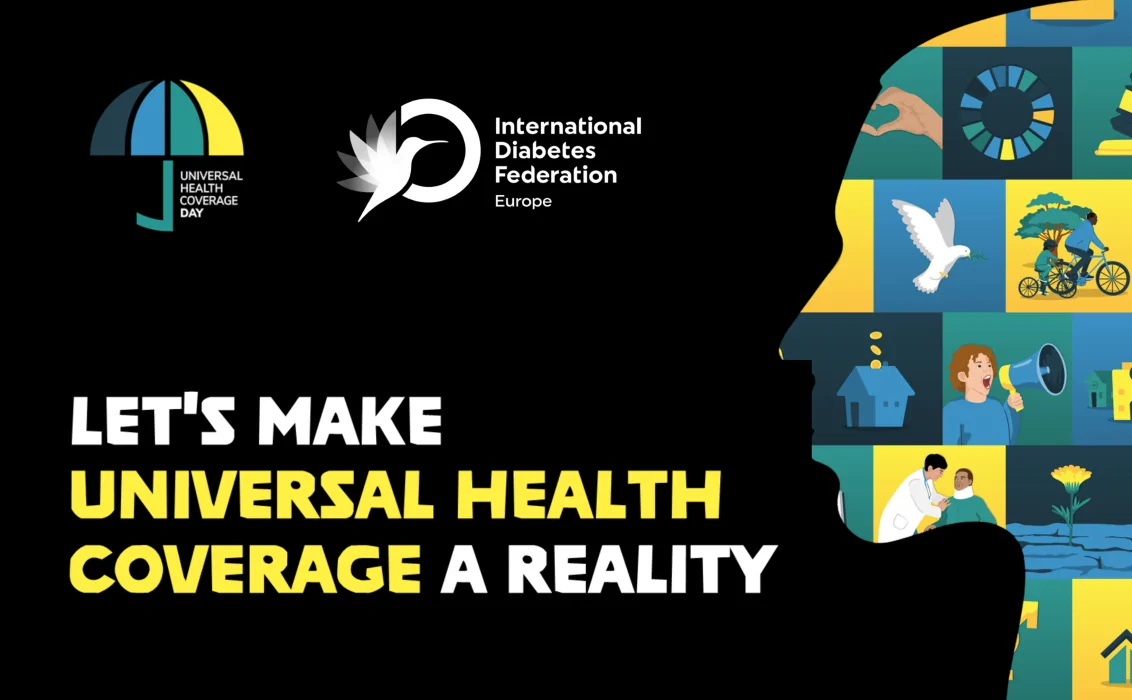What does this award represent for you?
It is an incredible honor for me to receive this prize and I feel very humbled by it. It is a recognition of my work, but it is also a huge recognition of the hard work of all the people in our group, who made the quite complex discoveries possible. It absolutely motivates us to continue the work of understanding the role of the brain in health and diabetes, hopefully to improve the lives of people living with diabetes, and ultimately to help finding a way of healthier brain aging.
Can you describe, in simple terms, the content and the main objectives of your research?
Diabetes can have an impact on the whole body. The brain is no exception. Some effects of diabetes on the brain are not obvious right away, but the brain is a finely tuned organ and very sensitive to metabolic changes. Diabetes may accelerate the brain aging process. In our research group, we focus on the brain and the relationship between diabetes, diabetes drugs and brain functioning.
Most diabetic complications can be attributed to the classical risk factors such as obesity, hypertension, high cholesterol and blood sugar levels. But diabetes is invariably linked to a slowdown in mental functioning. And according to recent studies, classical risk factors explain very little of cognitive decline.
We have studied brain metabolism and blood flow patterns at different levels of glycaemia and with drug intervention, and found that we can influence the ability of nerve cells to absorb and metabolize sources of energy with anti-diabetic medication stimulating the GLP-1 axis. Particularly brain glucose metabolism is a measure of brain cell activity and health.
Other research groups have pinpointed resistance to insulin in the brain as being a key part of the progression, for example of Alzheimer’s disease, which may be part of the missing link explaining why people with insulin resistance and particularly those with type 2 diabetes have an increased risk of developing from Alzheimer’s disease.
We have investigated a group with Alzheimer’s disease treated with diabetes medications. This study confirmed what we knew, that is that AD is associated with progressive and decreased uptake and metabolism of sugar in the nerve cells in the brain, which can slow cognitive functions, but also that this development potentially can be halted with diabetes drugs.
If it turns out that metabolic dysregulation in the brain, for example in dementia, relates to insulin resistance as in type 2 diabetes, then it’s certainly worth considering whether the treatments we use to regulate sugar metabolism in diabetic patients could be used to regulate the function of nerve cells and make healthier brain ageing.
Which charity will benefit from your prize donation?
The prize will be donated to the Danish Christmas seal homes run by the Christmas Seal Foundation, a Non-Profit Charity Organization
Why did you choose this one?
Every year, 750 children aged 7 to 14 years find support at one of the four Danish Christmas seal homes. These children arrive with many different issues, but for most of them the main challenges relate to bullying, loneliness and feeling excluded. A large number of these children also struggle with obesity. They support marginalised and vulnerable children, and since 1912 more than 75,000 children have received help turning a sad existence into a sound childhood with focus on lifestyle including a healthy diet, exercise, improved self-esteem and a way out of loneliness.
The work of the foundation is entirely dependent on donations. Previously, the sale of Christmas seals financed all the Christmas seal homes, but now the revenue from selling these seals covers only about 25% of the cost. Only 4.5% of the Christmas Seal Foundation budget stems from public sector funding.



